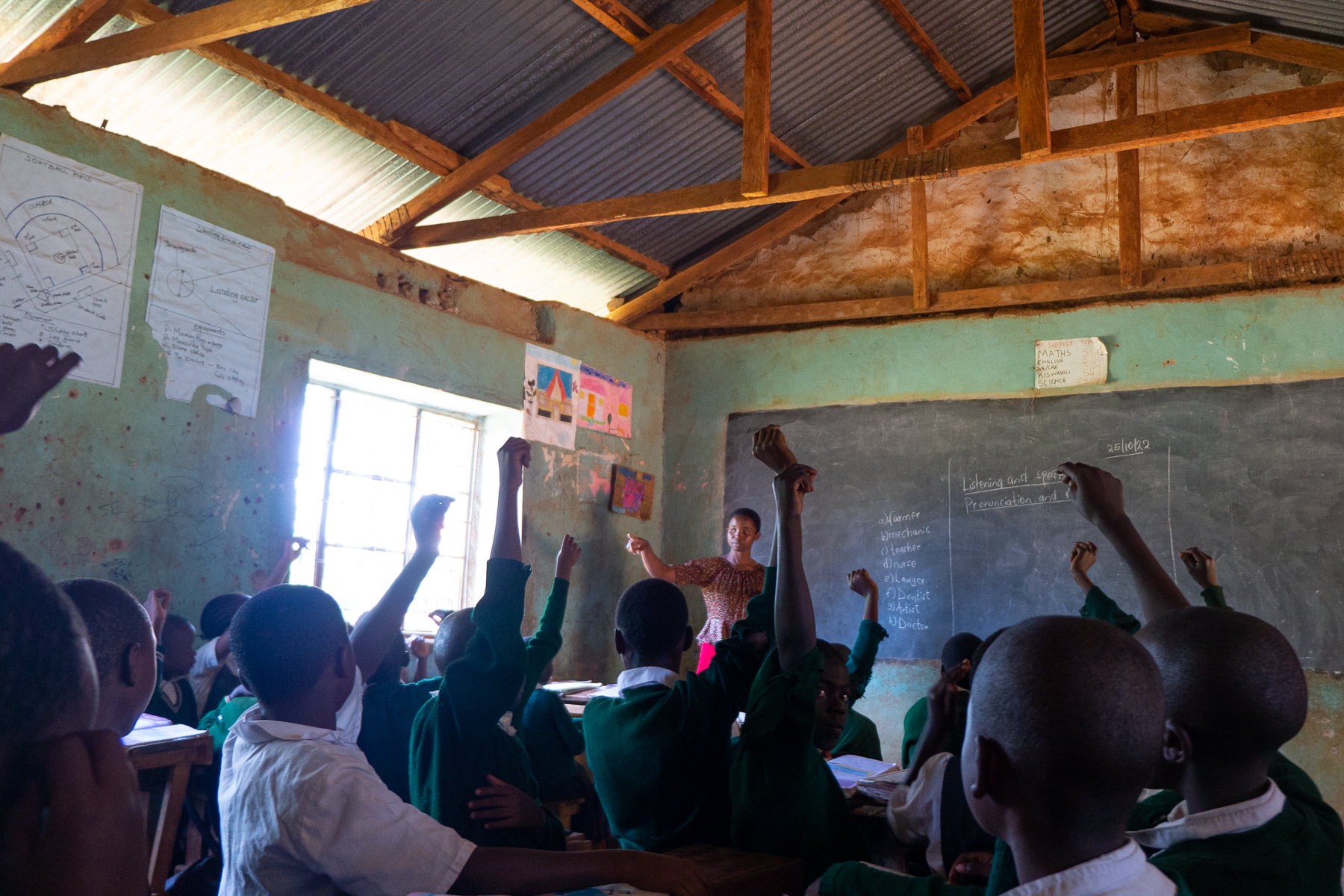A quality, inclusive and equitable education gives children and young people the skills they need to succeed in life. Without it, they will be unable to read, write or count, let alone unleash their potential to change the world. Education also gives children a better chance of moving out of poverty and into a good job.
Education increases a child’s chance of having a healthy life, reduces mortality and has benefits for health and well–being. It can promote gender equality, peace, and climate action. Also, education is a powerful alternative to prevent children from being exposed to dangerous environments such as child labour, forced marriage, child trafficking, sexual exploitation and recruitment by armed forces and extremists.
The benefits of schooling are transformative and multi-generational – a child whose mother can read is 50% more likely to live past the age of five and twice as likely to attend school themselves. With just one additional school year, a woman’s earnings can increase by a fifth.

